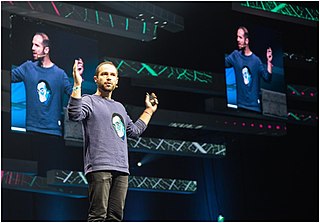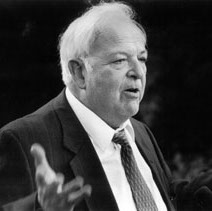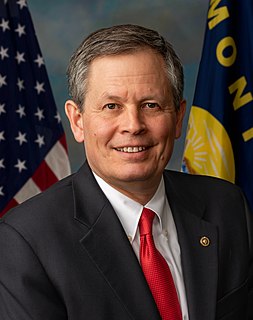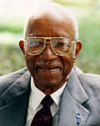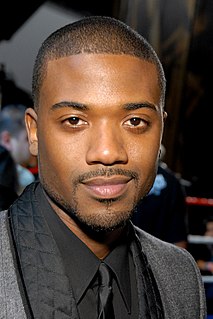A Quote by Lisa Randall
I considered going into business or becoming a lawyer - not for the money, but for the thrill of problem-solving.
Quote Topics
Related Quotes
I considered a lot of different jobs as a kid. I thought about becoming a priest or a lawyer. My father had a big linen-supply business and I considered working for him. What dawned on me was: 'If I'm an actor, I get to do the fun parts of every job!' Without having to go to four years of law school.
When you get the ideas, that's a thrill; when you're writing the book and it's corning out well, that's a thrill; when you finish it and other people read it, that's a thrill. There are going to be reviews, of course; not everyone's going to love it. You feel sort of naked and vulnerable in a way. That's just a minor part of the process, really. If you can't take that part, you shouldn't be in the business. But there are so many joys to writing.
I see the war problem as an economic problem, a business problem, a cultural problem, an educational problem - everything but a military problem. There's no military solution. There is a business solution - and the sooner we can provide jobs, not with our money, but the United States has to provide the framework.
Business is about problem-solving, but it does not always have to be about maximizing profit. When I went into business, my interest was to figure out how to solve problems I see in front of me. That's why I looked at the poverty issue. I got involved in lots of things to address it, and one of them was money lending with loans and credits and savings accounts, and in the process I created Grameen Bank. So you can also have social objectives. Ask yourself these questions: Who are you? What kind of world do you want?
Solving the population problem is not going to solve the problems of racism, of sexism, of religious intolerance, of war, of gross economic inequality. But if you don't solve the population problem, you're not going to solve any of those problems. Whatever problem you're interested in, you're not going to solve it unless you also solve the population problem. Whatever your cause, it's a lost cause without population control.
We're primarily interested in solving the problem of 20 million black people. And if integration is going to solve the problem tomorrow, then let's integrate. But since the Supreme Court issued its desegregation decision seven years ago, and you only have about six or seven percent integration now, on an educational level, that means that the black man trying to use integration as a means of solving his problem will be another 100 years just getting integration on an educational level.



